Project Description
The management of urban systems is, and will continue to be, a key challenge for Asia and Europe. The conflicts of urban development have intensified due to lack of knowledge and management capacity and because of too little understanding of the complex interactions between the natural, built and socio-economic systems. The division Urban and Landscape Ecology of the Department of Geography and Geology at the University of Salzburg aims to join efforts in the enhancement of higher education on urban environmental planning and management challenges together with the colleagues from the Chulalongkorn University, Social Research /CUSRI Institute, Faculty of Architecture.
The overall objectives are to:
- Join efforts in order to enhance higher education on urban environmental management and planning by identifying future and practice-oriented aspects of teaching and exploring possibilities of standardizing courses and credit schemes;
- To enhance and prepare for joint educational activities, collaborative curricula, lecturer and student exchange;
- To improve and consolidate the existing academic network between Asian and European higher education institutions.
The specific objectives of the particular activities (short courses) proposed are to:
- Develop an understanding of the city as complex urban ecosystem and exchange according experiences from Asian and European perspective, incorporating interdisciplinary aspects represented by the involved partners;
- To exchange innovative and integrated approaches for urban ecosystem management applicable to practical needs – both of relevance to Asia and Europe.
The Educational Module is supposed to cover following aspects:
This 9th Educational Module will prepare the subjects of the earlier Educational Modules, management process, its dynamics and related socio-economic, ecological and planning aspects and their inter-linkage with the urban environment, especially for planners, as subjects of an international Educational Module. This will include presentations and discussions about following aspects:
- Urban Ecosystems (structure, resource consumption / resource flows, land-use);
- Evaluation of Urban planning strategies;
- Ecological aspects of urban planning (innovative, applied approaches to enable a sustainable urban environmental development and management enable sustainable communities);
- Evaluation of actual planning projects.
The Educational Module will look at the opportunities available for improving efficiency in urban environments, reduce resource inputs, and reduce waste outputs with the main goal being to improve livability and quality of life for city dwellers. A theme-related ‘Planning Site Visit’ in Bangkok shall make practical example site for the Educational Module available.
The Educational Module shall comprise of 2 days of class-courses and discussions jointly held by the Asian and Austrian colleagues and 1 day field study.
The class-course and discussions will be jointly held and led by the colleagues from Asia and Austria; the targeted participants are university teachers and planners working in the Bangkok region in development projects and in administration.
Small assignments shall be introduced to the participants before conducting the field study. The assignments shall become part of the field study, e.g. focusing on the assessment and analysis of certain aspects related to the field-site and the topics addressed in the training course.
The courses shall help to develop the participants’ teaching perspective about urban ecosystem trends and the challenges of efficient and sustainable management. Also the didactical perspective of understanding of the urban ecosystem as a complex ecosystem shall be developed. The introduction of innovative urban management and planning approaches from both regions (Europe and Asia), including among others sustainable planning and development principles, shall encourage students to engage in further study in the respective field.
In particular the field study shall provide participants with an opportunity to reflect and analyses the ecological aspects of the intense urban development processes ongoing in Bangkok. Resulting effects on the urban environment as well as management approaches (relevant and applicable European and Asian approaches) should also be explained and discussed upfront.
In conjunction with the intended Educational Module, the partner universities intend to deepen the dialogue regarding the further possibilities of academic collaboration, such as:
- The establishment of regular student exchange and joint course programs;
- The possibility of reciprocal recognition of credits;
- The implementation possibilities of a joint curriculum, as well as
- The preparation of joint research activities emphasizing of key aspects of urban environmental planning and management.
Subject
- Contemporary urban development
- Cities as ecosystems (introduction to elements and processes)
- Ecosystem dynamics, modeling, impacts and disturbances (focus on human impact and interaction of social, economic, environmental factors in general, including details on problems / disturbances and pollution issues)
- Urban green and nature as focal element of urban ecosystems
- Planning, policy making and management practices
Course description:
- Understanding and application of the concept of urban ecosystems;
- Tools, instruments, approaches and practices of urban ecosystem risk management.
The course consists of an International Forum and a field exercise in Bangkok.
International Forum and Field Work 2016
When “agriculture” is mentioned, we usually think about rice fields, fruit gardens, and livestock grazing areas, or aquaculture ponds in rural areas. Cities actually have potential for agricultural production, not only as small backyard gardens in private houses, but also as city farms with several plots of ground, vertical gardens, and planting pots. Thailand is situated in tropical area with good arable soil so farming can be done all year round, and there is no need for additional structure like green houses. Up to the present, the Government and Policy Sectors do not have a concrete plan for urban agricultural promotion. In the eyes of the public, “Cities” and “Agriculture” lie in different domains.
Urban infrastructure system is generally driven by technology dependent of energy and other natural resources. Nevertheless, city people are rarely aware of wastefulness of urban lifestyle, including linkage with rural resources and production. Urban agriculture contributes to some level of self-reliance in terms of domestic agricultural food production for urban households. Small-scale urban agriculture focuses on diverse plants and vegetables, so it is usually free of chemical fertilizer and pesticide. Working outdoor with soil and plants help nourish appreciation of nature and natural resources. Community gardening plots creates social interactions and relations and often expands into network for sharing agricultural products as well as knowledge and experiences. Production and consumption of fresh vegetables and other produces leads to a healthier life. In all, urban agriculture cultivates more self-sufficiency and moderation.
The movement on urban agriculture and city farms in Thailand has been initiated about 10 years ago and started to expand under City Farms Project run by Sustainable Agriculture Foundation (Thailand) together with its associated partners like Center of Media for Development Foundation, City Farms Training Center, including individuals and communities interested in urban agriculture. In the past 10 years, there are projects and activities in various communities like creating the prototype of agriculture linking city farms and food security, promoting city farms for curing or health rehabilitation, setting up information center for city farms, organizing activities for learning, study trips, producing media and campaigning materials, etc.
Those who engage in city farms put the emphasis on environmental dimension of urban development, the re-use of empty and deserted plots of land, social relations, healthy food, etc. Therefore, urban agriculture and city farms are not only growing vegetables for consumption, but also nurturing awareness on urban ecological importance, natural resources conservation, the importance of recycling, nurturing social relations, and increasing self-reliance.
Urban agriculture becomes significant as a concept in contemporary urban development. It is an integrating concept that brings in urban planning, land use planning, waste management, energy management, landscape development, greening of cityscape, urban metabolism, urban sociology, food production and distribution, health and well-being, etc.
Different areas in world’s cities now have agricultural plots and pots in the yards, terraces, verandahs, rooftops, different corners in the buildings, including deserted parts and empty land in the cities. Many city planners and administrators already integrate the idea of urban agriculture into city planning, policies and programs. Nowadays, Bangkok has urban agriculture in the forms of city farms, backyard gardens, vertical gardens, plant pots in condominiums, apartments and offices, on empty land under the expressway. There are learning centers and demonstration plots, innovation centers for new planting technology, recreation centers focusing on nature-based and agricultural activities.
The first day (December 20th) is a field visit to 3 city farms to learn about urban agricultural initiative, farm development, activities and other relevant urban issues. The group will have lunch at one of the city farms. The second day (December 21st) will be a forum to exchange knowledge and experiences about “Urban Agriculture/City Farms and Socio-ecological Rehabilitation in Urban Areas”
Objectives: 1) To promote academic discussions and exchanges of ideas on urban agriculture under the theme of “Urban Agriculture/City Farms and Socio-ecological Rehabilitation in Urban Areas”. Discussions will focus on foreign examples and Thai experiences, especially from the city farms visited on the first day. 2) To link between the principle of sufficiency economy and urban development through the idea of urban agriculture/city farms. 3) To promote a dialogue among various disciplines on the theme of urban agriculture, principle of sufficiency economy, urban development, and socio-ecological rehabilitation in urban areas.
Participants
Participants are academic researchers, lecturers and students from the above mentioned universities and interested individuals. The workshop accepts the maximum number of 35 participants and the fieldtrip accepts the maximum number of 20 participants. The presentations and discussions will be conducted in English and Thai with simultaneous translation. The admission is free of charge.
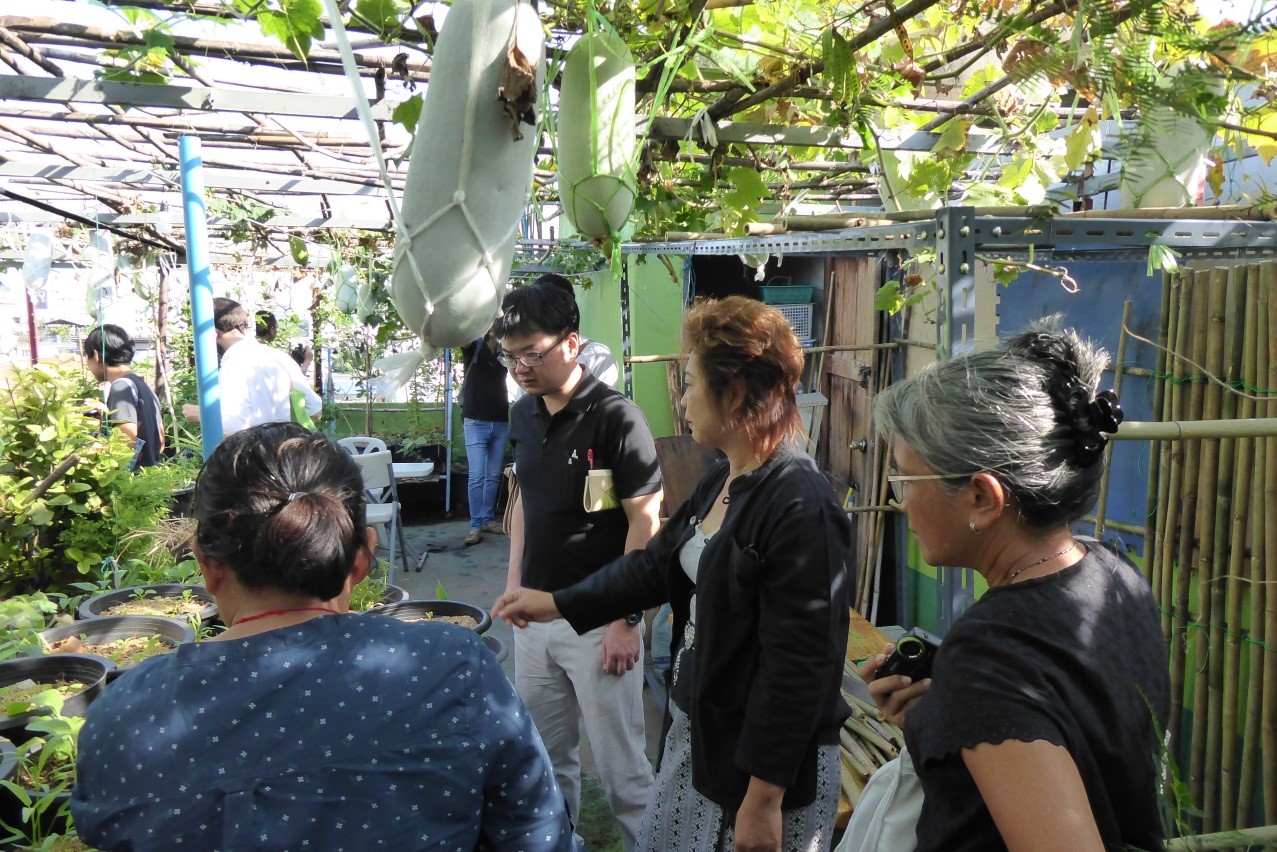
Figure 1: Excursion: School Farm und Roof Gardening in Huay Kwang (Bangkok) (photo J. Breuste)
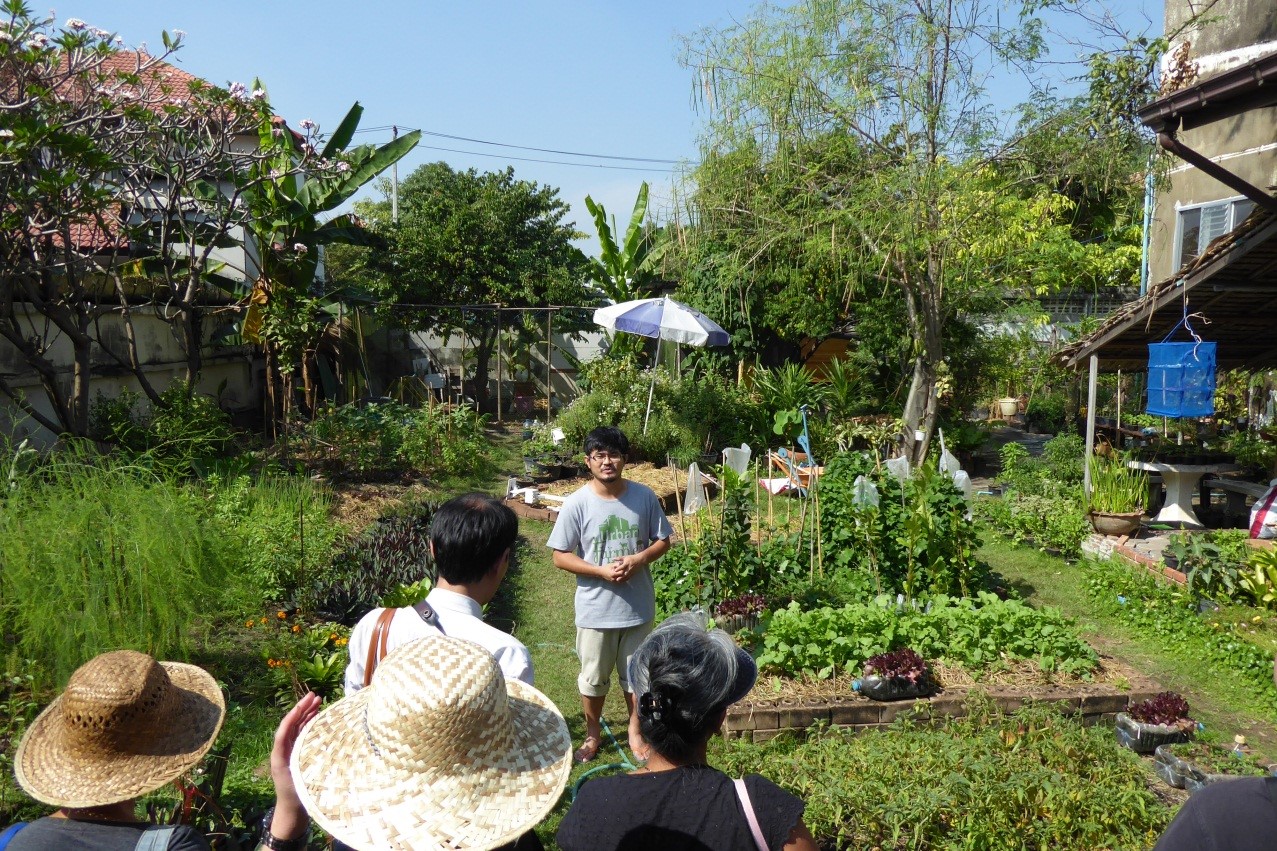
Figure 2: Excursion: Lad Phrao City Farm (Bangkok) (photo J. Breuste)
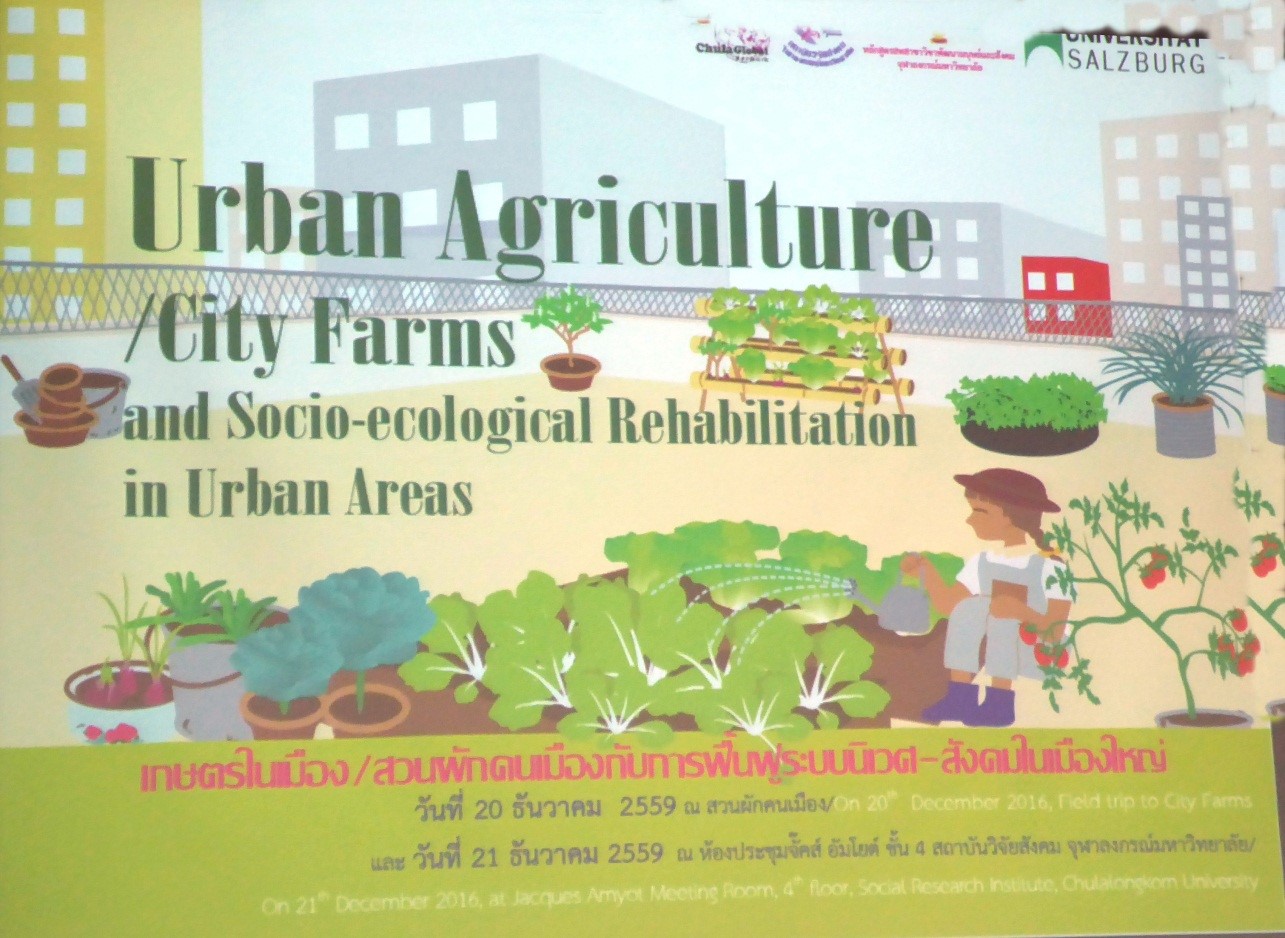
Figure 3: Forum Poster (photo J. Breuste)
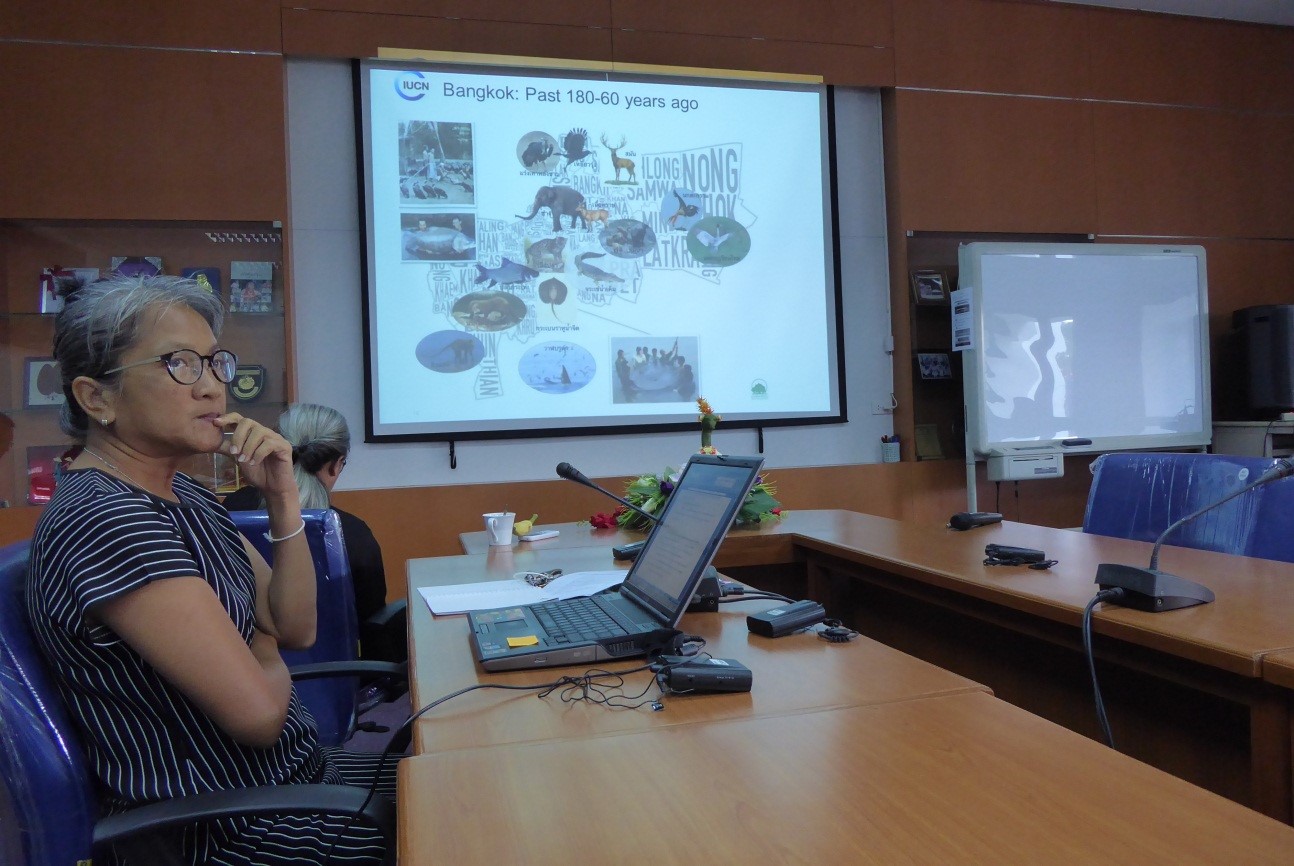
Figure 4: Prof. Narumon Arunotai (CURSI), Organizer of the Forum (photo J. Breuste)
Project team:
Univ.-Prof. Dr. Jürgen Breuste, Dr. Iris Breuste
Department of Geography and Geology, University of Salzburg, Austria
juergen.breuste@sbg.ac.at
Prof. Dr. Narumon Hinshiranan Arunotai
Social Research Institute (CUSRI), Chulalongkorn University, Thailand
narumon.h@chula.ac.th
Prof. Dr. Thadaniti Suwattana
Division of Urban and Environmental Planning, Faculty of Architecture, Kasetsart University, Thailand
tsuwattana@yahoo.com
Project Details
- Date November 20, 2017
- Tags Environmental Planning, Geography, Social Science

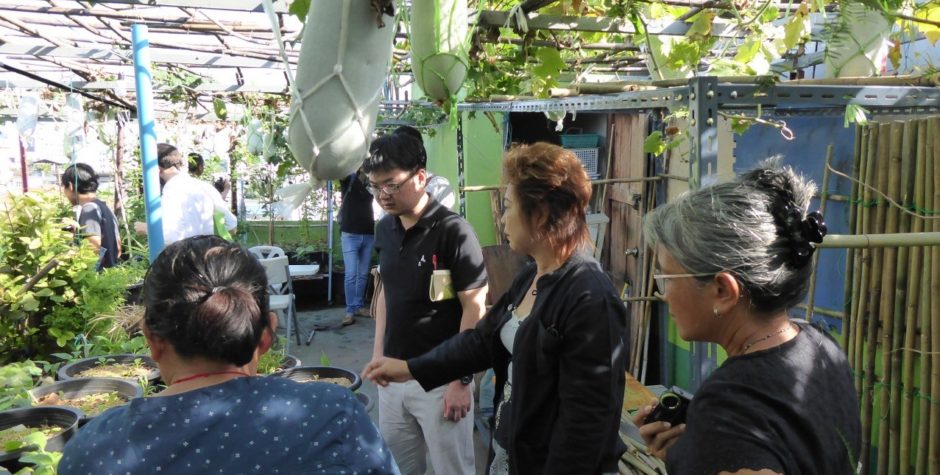
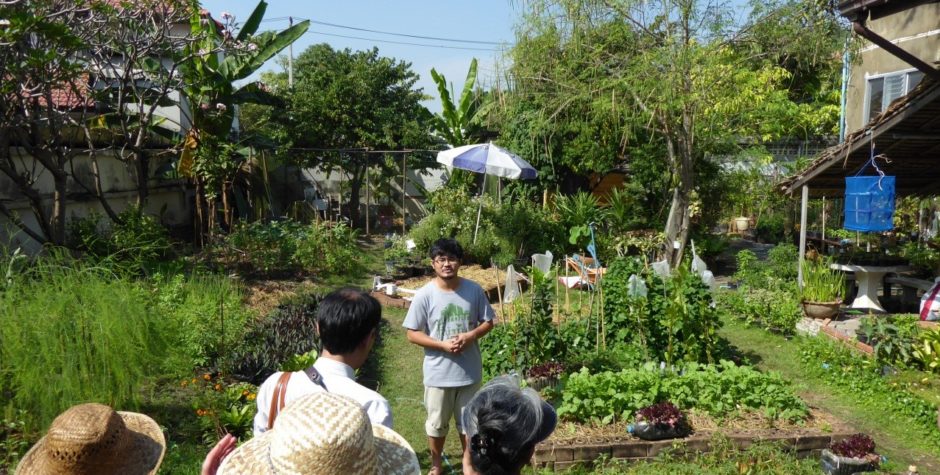
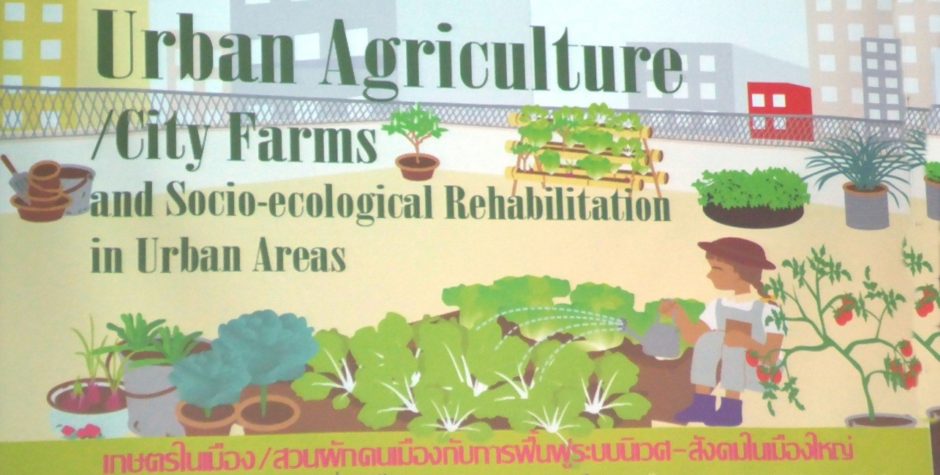
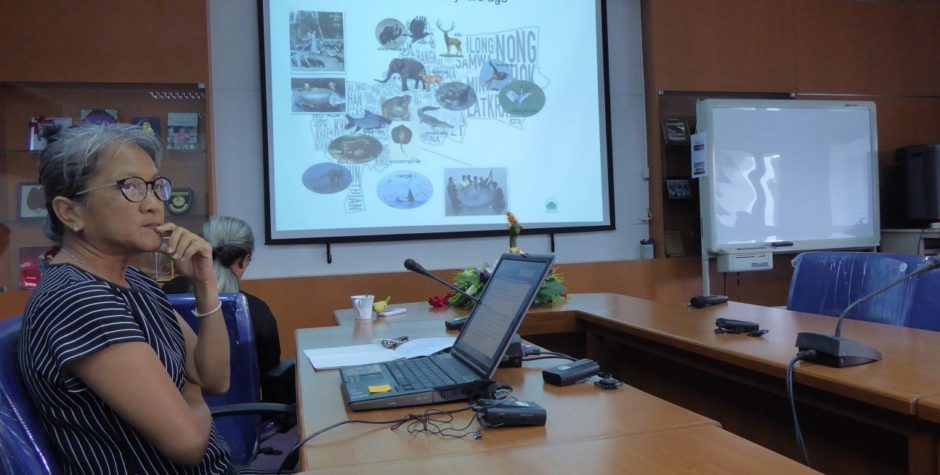
Comments are closed.